May 26, 2017
May is National Foster Care month, a 31-day period set aside to recognize the many individuals, families, agencies and communities that support the 427,000 children in foster care nationally.
In Northern Virginia, approximately 5,000 children and adolescents are involved in the child welfare system at any given moment. These youth range in age from birth to age 18, represent every racial and ethnic demographic and have varied economic backgrounds.

The individuals who provide a continuum of care for foster youth by becoming a resource parent, volunteering, or making donations, can be just as diverse:
Resource Parents
Of the 5,000 foster youth in Northern Virginia, 63% are placed in a non-relative foster home. These placements represent community members who have undergone background checks and extensive trainings in order to open their home to a child in need. In providing consistent physical safety and emotional support to youth with a history of trauma, resource parents are champions for youth in care. Being a resource parent is not reserved for one type of family. Resource parents are married couples and single parents, home owners and apartment renters, and have varied incomes. The common thread is their desire and ability to provide foster youth with a safe, stable, loving environment so they can pursue the promising future every child deserves.
Volunteers
Volunteers are another way individuals make a difference in the lives of foster youth. Many volunteers elect to serve in local chapters of the nationally recognized Court Appointed Special Advocate program (SCAN runs the CASA Program in Alexandria and Arlington), but long-term advocacy is just one of countless ways to support children in foster care. Volunteering at a local child welfare organization can provide necessary help for case workers, children and families. Do you paint in your spare time? Imagine creating a mural in a childcare room. Are you a certified yoga teacher? This skill could easily translate to teaching emotional regulation. Everyone can play a role in supporting agencies, foster youth and families.
Donors
Many agencies across the country–including agencies in Northern Virginia–accept in-kind donations. Gently used clothing and supplies can help foster youth feel confident when starting at a new school, walking into job interviews, or sharing in the prom experience Individuals can even grant a foster youth’s specific wish through online platforms or send care packages to youth in college.
There is a way for everyone to advance the lives of local foster youth–how will you help?
